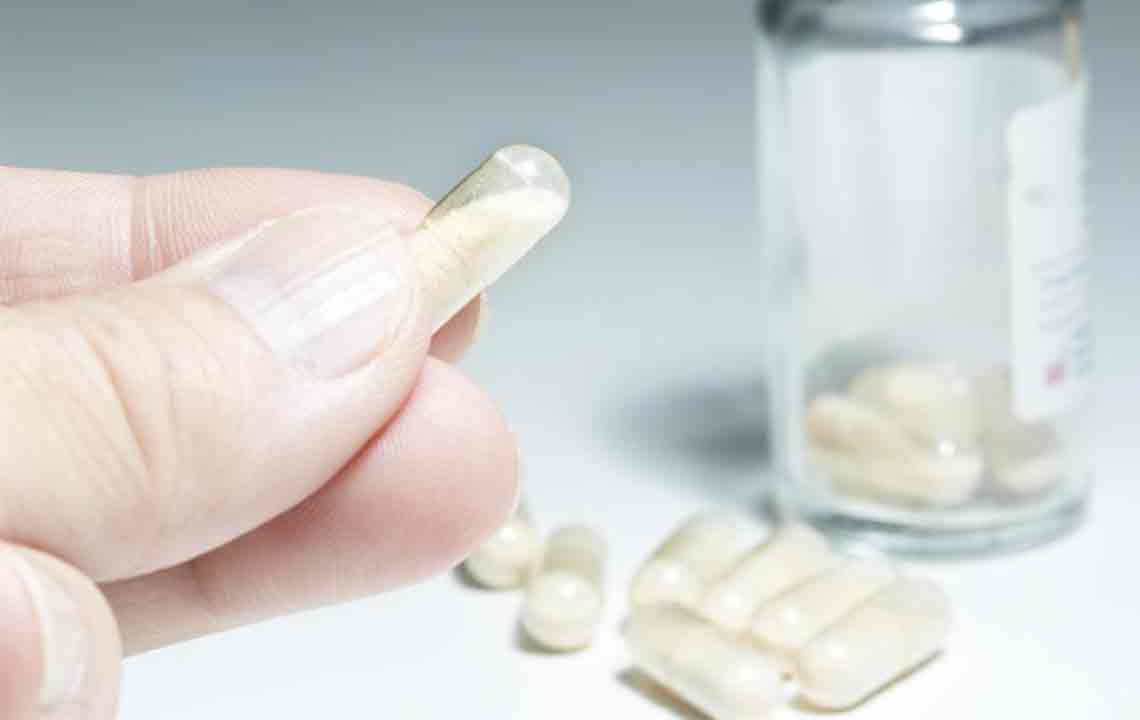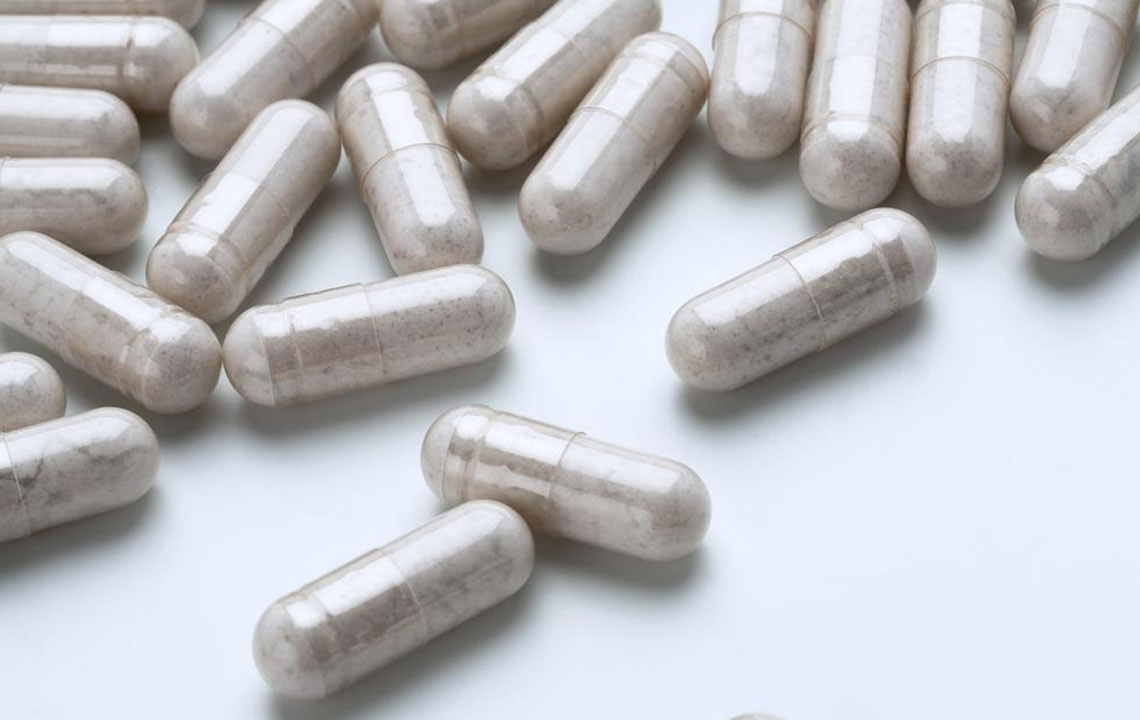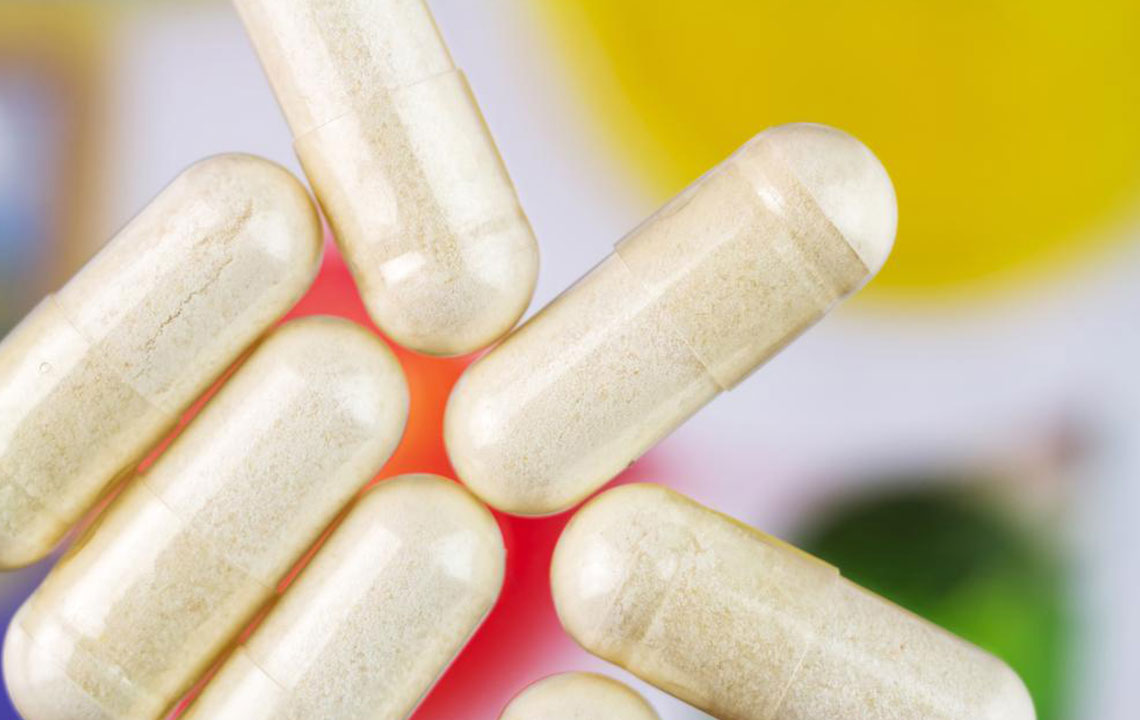Effective Use of Probiotics for Different Types of Diarrhea
Discover how probiotics can effectively manage various types of diarrhea, including acute, persistent, and antibiotic-associated cases. Learn about the benefits of beneficial bacteria like Lactobacillus and Bifidobacteria in supporting gut health, reducing symptoms, and preventing infections. Proper use of probiotics, under medical guidance, can enhance recovery and strengthen the immune system, especially for vulnerable groups like children and travelers. Incorporate probiotic-rich foods and supplements for better digestive health and disease prevention.

Using Probiotics to Manage Various Diarrhea Conditions
Diarrhea involves frequent, loose, or watery bowel movements and can occur with symptoms like abdominal bloating, pressure, and dehydration. If untreated, it may cause skin roughness, mood changes, and reduced urination. This condition often stems from infections in the gut caused by bacteria, viruses, or parasites, usually due to contaminated food or water. Recognizing these causes is essential for effective treatment and prevention.
Diarrhea categories include:
Acute watery diarrhea, such as from Cholera
Short-term bloody diarrhea, known as Dysentery
Persistent diarrhea that lasts longer
Prevention strategies focus on sanitation, handwashing, and access to clean water. Oral Rehydration Solutions (ORS) and zinc supplements are critical for treatment. Incorporating probiotics can further lower the risk and duration of diarrhea by supporting gut health.
Probiotics are beneficial microorganisms that improve digestive health. Factors like stress and poor diet can disturb gut bacteria levels, leading to digestive issues. Consuming probiotic-rich foods and supplements can enhance gut flora, strengthen immunity, and help reduce diarrhea symptoms.
Beneficial bacteria such as Lactobacillus and Bifidobacteria play vital roles in digestion. Lactobacillus thrives in the small intestine, whereas Bifidobacteria are predominant in the large intestine, both supporting efficient digestion and nutrient absorption. These probiotics boost immune defenses and minimize pathogenic bacteria that cause diarrhea.
When treating diarrhea, probiotics can be used alongside rehydration therapy to shorten illness and decrease stool frequency. They also help prevent secondary infections like Clostridium difficile, which can be life-threatening. While more research is needed, probiotics show promise in managing specific diarrhea types, especially in children and antibiotic-associated cases.
Children suffering from rotavirus-induced diarrhea benefit significantly from probiotics, which aid in restoring healthy gut bacteria. Breastfeeding during initial months offers additional protection. Antibiotic-related diarrhea can also be mitigated by probiotic intake, helping to restore microbial balance. For travelers, probiotics are often used to prevent traveler's diarrhea, although scientific evidence varies. Additionally, probiotics may support patients with inflammatory bowel disease by reducing inflammation.
It is crucial to consult healthcare professionals before regularly using probiotics, especially for immunocompromised individuals like infants and seniors. Excessive intake might cause side effects such as bloating and cramps. Most people tolerate recommended doses well, but individual responses vary. Proper guidance ensures safe and effective probiotic use for diarrhea management.
Note:
Our website provides helpful, research-based information on health topics. While these insights are valuable, they should not replace professional medical advice. The accuracy and applicability of the data may vary; always consult a healthcare provider for diagnosis and treatment decisions.










